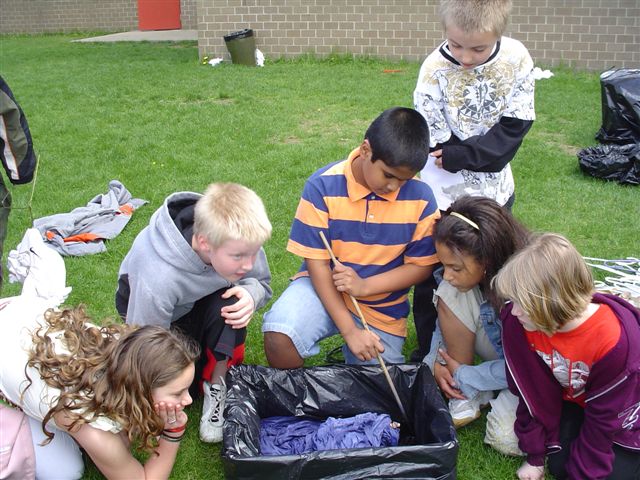The brain drain or better known as the summer slide is real. Students lost much with the pandemic. Now they risk losing more with the summer slide. Reading and math scores are down since last year. Students need to catch up to where they were before the pandemic hit the education system.
Many parents understand the summer slide and address it immediately. These parents understand that good learning habits need to continue throughout the summer months.
Research shows over the summer months, students lose 2 months of reading skills and 2.5 of math skills. Unfortunately, the summer slide is cumulative. Thus, the loss adds up.
Eliminating Brain Drain
Reading activates the brain. By reading daily or engaging in other forms of learning, students prevent losing skills over the summer. Access to books significantly helps students reduce the summer slide and eliminates boredom. Thus, they keep the learned information from the school year. Book availability is best.
- Take books on road trips. To prevent boredom, kids entertain themselves through books.
- Visit the library regularly. Many libraries also have crafts and story time for students to take part in.
- Join a book club or a reading challenge to take part in reading with peers.
- Introduce students to a popular book.
- Magazines make for fun reading. Libraries contain many magazines for students of all ages.
Social and Cognitive Development
Teachers and parents understand that summer is an important time for students to develop socially and cognitively. Thus, it can either increase or broaden the achievement gap.
Summer learning programs do not guarantee positive effects on student learning. Effective programs depend on class size. Capping a class size of 20 students, significant resources, and qualified teachers produces the best results.
Most summer learning programs are intervention programs. They differ from traditional schools because they incorporate various activities for students.
- Programs have recreational, cultural, and enrichment activities.
- The curriculum combines enrichment and remediation.
- Students have varied skills and learning levels.
- Provide socialization for positive relationships.
- Programs take place from four to eight weeks.
On the flip side, many students feel summer school is boring. If students do not want to learn, summer programs do not affect achievement. Robert Slavin, an education researcher at John Hopkins University states, “Nobody wants to be sitting in school while their friends are out playing.”
Summer school is as effective as students make it. However, programs that include outside activities and sports appeal to students. Mostly, students are best to read on a daily basis.



